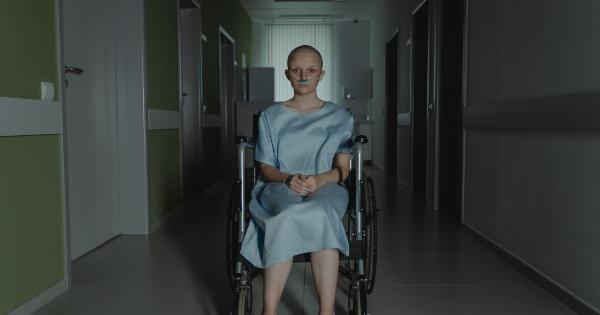The BRCA genes are a pair of genes that produce proteins that suppress tumors in the body. When these genes undergo mutations, their ability to fight tumors is compromised, causing an increased risk of cancer.
What is BRCA gene mutation?
BRCA genes 1 and 2 are inherited genes that control the production of proteins that suppress tumor formation. These genes work together to repair damaged DNA, prevent abnormal cell growth, and maintain the integrity of the chromosomes in the body.
BRCA gene mutations happen when these genes undergo alterations that negatively affect their functioning. People with BRCA gene mutations are more likely to have cells that grow and divide uncontrollably, leading to the formation of tumors and cancers.
Who is at risk of inheriting BRCA gene mutations?
BRCA gene mutations are inherited from parents in an autosomal dominant pattern. This means that a mutation in one copy of the gene is enough to cause the condition.
Some individuals have inherited BRCA gene mutations from one or both of their parents, while others develop the mutation spontaneously due to random genetic errors.
Women are more likely to have inherited BRCA gene mutations, which increases their risk of developing breast and ovarian cancers. However, men with BRCA gene mutations have an increased risk of developing prostate, pancreatic, and breast cancers.
How do BRCA gene mutations increase the risk of cancer?
BRCA gene mutations alter the functioning of the proteins these genes produce, making it difficult for them to suppress tumor formation.
These mutations prevent the genes from detecting and repairing damaged DNA, leading to cell growth and division abnormalities.
BRCA gene mutations are associated with an increased risk of breast and ovarian cancers in women, and prostate, pancreatic, and breast cancers in men.
Individuals with BRCA gene mutations have a lifetime risk of developing cancer of up to 70%, compared to the average 12% risk for the general population.
How are BRCA gene mutations diagnosed?
BRCA gene mutations are diagnosed using genetic tests that analyze the DNA of the individual for alterations in the BRCA1 and BRCA2 genes.
These tests are typically recommended for individuals with a strong family history of cancer, particularly breast, ovarian, pancreatic, or prostate cancer.
Genetic testing may also be recommended for individuals who have been diagnosed with an early-onset breast or ovarian cancer, or those with two or more primary cancers, such as breast and ovarian cancer.
Preventive measures for individuals with BRCA gene mutations
Individuals with BRCA gene mutations can take steps to reduce their risk of developing cancer:.
1. Increased surveillance
Individuals with BRCA gene mutations are recommended to undergo regular cancer screenings, which may include mammograms, breast MRI, pelvic exams, and transvaginal ultrasounds.
These screenings help in early detection of cancer, which increases the chances of successful treatment.
2. Prophylactic surgery
Prophylactic surgery involves the removal of the breasts, ovaries, or fallopian tubes before the development of cancer. This procedure greatly reduces the risk of cancer, particularly breast and ovarian cancers.
3. Medications
Medications, such as Tamoxifen and Raloxifene, are used to reduce the risk of breast cancer in individuals with BRCA gene mutations. These medications work by blocking the effects of estrogen, a hormone that promotes breast cancer growth.
Conclusion
BRCA gene mutations are inherited genetic mutations that increase the risk of cancer in individuals. These mutations alter the functioning of the proteins produced by the genes, leading to abnormal cell growth and division.
Early detection of BRCA gene mutations through genetic testing is crucial in reducing the risk of cancer. Individuals with BRCA gene mutations can take preventive measures, such as increased surveillance, prophylactic surgery, and medications, to reduce their risk of developing cancer.































